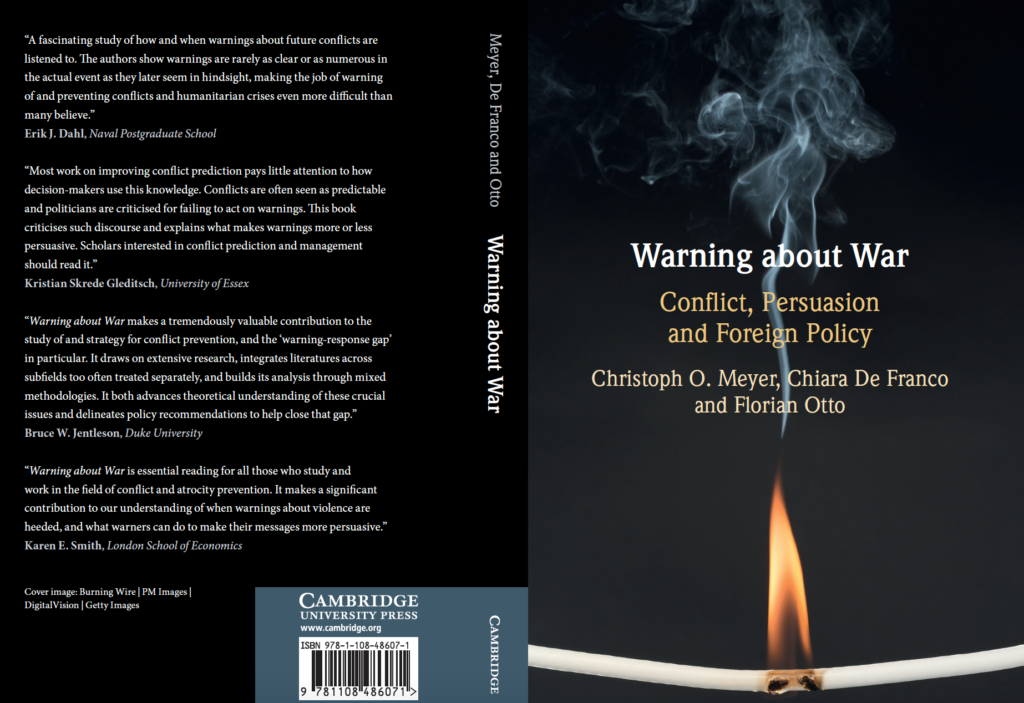by Harry Sanders

The coronavirus pandemic’s global impact has left few unaffected. Perhaps the only silver lining of this pandemic is its highlighting of the essential work of migrants in the NHS and other healthcare services. While for years migrants have been the scapegoat of the UK’s many problems and have been the subject of immense prejudice and abuse; the positive impact of their contributions to society has finally started to come to light. Though the gushing affection and appreciation for our migrant healthcare staff are abundant on Facebook, Twitter, and other social media, it is important to consider if the same shift in tone has been present in our traditional media sources.
Prior to the outbreak of the coronavirus, the British press was notoriously - and at times unashamedly - opposed to immigration in its general stance. Following the election of David Cameron’s Conservative government in 2010, the number of news articles mentioning ‘migration’ or ‘immigration’ has been growing at a steady rate year-on-year, coinciding with Conservative immigration policy which aimed to reduce net migration to the tens of thousands. Throughout all of these articles written between 2006 and 2015, the most common modifier used to describe immigration was ‘mass’, followed closely by ‘net’, ‘illegal’, and ‘European’. The vast majority of these articles have been crafted with the specific aim of colouring all migration with the brush of illegal immigration, thereby characterising entire nationalities as criminals and aliens.
This is even more unjust when one considers that many of the articles emphasising illegality are covering the plight of refugees; individuals whose right to be in the UK is enshrined in both national and international law. If the last decade of British politics is anything to go by, this narrative has been highly effective in influencing the opinions of their readership.
Anti-immigrant sentiment can still be seen in articles written immediately before the outbreak of coronavirus. This article from the Daily Mail, for example, reported on the Prime Minister’s pledge to restrict EU migrants earning less than £23,000 from entering the country and to move to an ‘Australian-style points-based immigration system’. The article’s discussion of ‘slashing’ the number of low skilled workers, and its quotation of a Downing Street spokesman as having heralded the ‘return [of] democratic control of immigration to the British people’, evokes a sense of pride and achievement at the prospect of losing half of Britain’s migrant workforce. ‘Slashing’ has a rhetorical effect here; its emphatic quality is designed to trigger an emotional response in the reader by highlighting the government’s merciless approach to cutting immigration. One must presume that the critical eye has wandered far from the details of this announcement, as little consideration is given to the economic implications of restricting any workers earning less than £23,000 – a salary far in excess of the national minimum wage.
Whilst it is important to recognise the clear ideological stance embedded into the article, it is perhaps unsurprising given the political affiliation of the publication. The Daily Mail is well-known as a right-wing newspaper, and as a result, an anti-immigration narrative can be seen as them simply catering to the views of their readership. By the same token, it would be unsurprising to see The Guardian taking a more tolerant view of immigration, in light of its left-leaning readership and left-wing editorial stance. The article discussed above is very much typical of the right-wing press’ pre-pandemic approach to migration; as a result, the key question concerns the extent to which the coronavirus has reconfigured the discourse. Has the public’s positive outlook on migrant healthcare staff influenced reportage, or is the enmity still very much present?
A ‘mixed bag’ would perhaps be the aptest description. Reporting on an asylum seeker’s ‘stabbing spree’ in Glasgow in June, the Daily Mail exhibited a surprising change in tone. Citing the asylum seeker’s mental state and the negative impact of lockdown in triggering post-traumatic stress, the Mail in this instance considered the socio-economic and psychological stresses which he faced and how they may have contributed to the incident. Remarkably the most noticeable used pejorative in the article, ‘hordes’ – so often reserved especially for immigrants – was instead used to describe the emergency services which responded to the incident. Rather than mindlessly painting a black and white picture of a man with a knife, a victim, and the heroic response of the police, fair consideration is given to the causes which led to the incident and – perhaps most importantly of all – it is framed as a wholly preventable event which was allowed to happen due to a lack of sufficient resources for social services.
A further immigration story to emerge during the coronavirus pandemic was the route to British citizenship offered to British National Overseas citizens in Hong Kong due to China’s imposition of a new security law. This prompted uncharacteristic coverage from a number of typically right-wing publications; the Daily Telegraph, for example, ran the headline ‘Giving British citizenship to 300,000 Hong Kongers will boost the economy’, a reversal of the cliched trope peddled in right-wing media that immigration leads to economic demise. Published in the midst of lockdown (29 May), it may be that this more balanced approach was borne out of the wider uptick in appreciation for what migrants contribute to the UK.
Immigration also entered the discourse when eastern Europeans were flown into the UK to help save the June harvest. This triggered media coverage verging on the satirical, with the Daily Mail- a publication with an entrenched opposition to Romanian migrants - running the headline ‘Romanians to the Rescue’. Given the travel restrictions that were in place at the time, a demonstration of support for immigration of any kind- let alone that of Romanian economic migrants- is hugely noteworthy; it communicates an awareness of how indispensably important immigration is to the UK.
Has the UK media U-turned on its deep-rooted prejudice against migrants and immigration? Not quite, though it is nevertheless important to note the positive impact which our migrant healthcare workers have had on public opinion and on the press. The Daily Mail is not the only publication guilty of such reporting as has been exhibited pre-lockdown, and sure enough in recent articles, the Daily Express has persisted in the trope of reporting the scale of immigration rather than its legality. It is also key to consider that many will see headlines such as ‘Gangs using coronavirus crisis to send migrants to the UK’ and share that information irrespective of the article’s content. Whether this article highlights the perceived threat of immigrants to the UK or the plight of the trafficked migrants is a moot point to anyone who will form an opinion before opening the link and preach their opinion on the issues as unchallenged gospel.
Whilst it is encouraging to see flickers of journalistic integrity return to the British press, our media, and the way in which we consume it, must change a great deal to begin reporting on political issues such as this in an unbiased and factual manner. Recent weeks have made it impossible to dispute the fact that migrants do in fact contribute massively to the UK, and rather than inflicting harm upon public services, are actually a key cornerstone upon which our public services stand. Going forward, it should be facts, not polarised opinions, that form the basis of immigration coverage.
Harry Sanders is a content writer for the Immigration Advice Service, an organisation of immigration solicitors.



